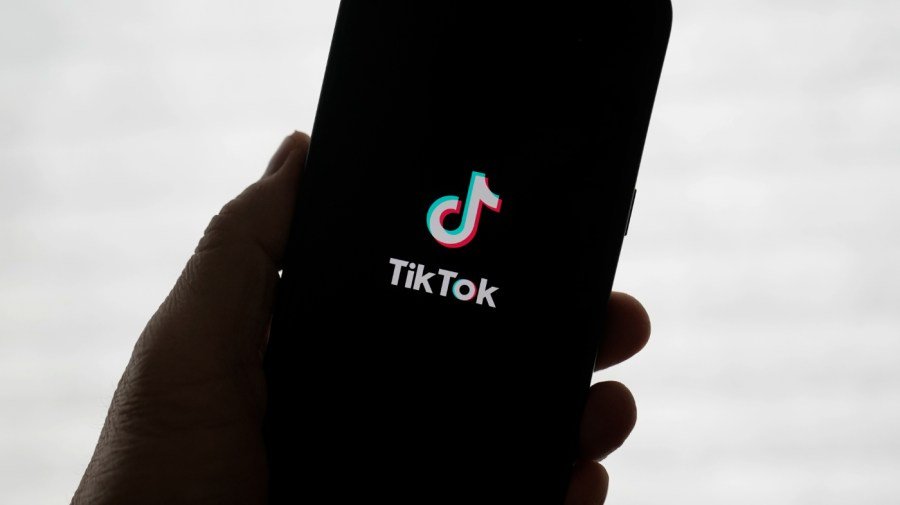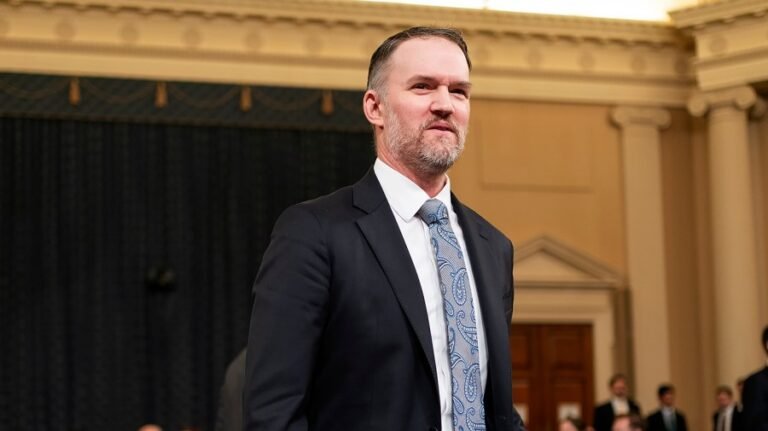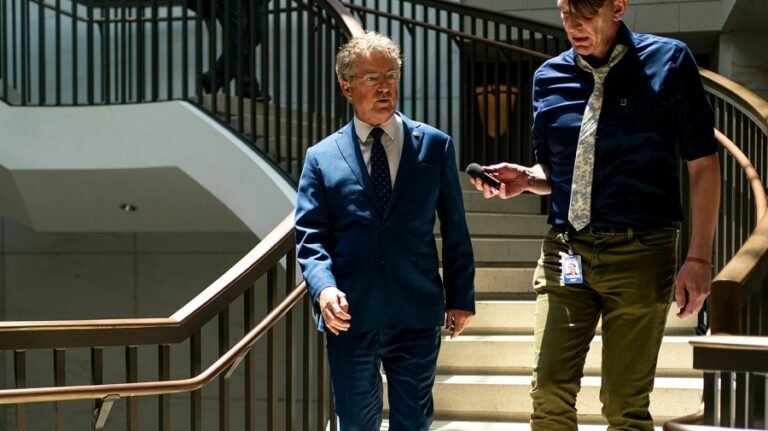
President Trump said Friday that Chinese President Xi Jinping had approved a deal to keep TikTok running in the U.S. after months of uncertainty about the popular video-sharing app’s future under a 2024 law.
The Trump administration, however, has offered few specifics about the deal. And the Chinese government appeared less certain about the status of talks Friday, suggesting the president had agreed to support efforts to reach a “proper deal on TikTok.”
Here are the key questions that remain on the TikTok deal:
What role will ByteDance play?
The chief concern behind the push to ban TikTok in the U.S. was the app’s China-based parent company, ByteDance.
Lawmakers argued the platform, used by some 170 million Americans, posed a national security risk, potentially exposing U.S. user data to the Chinese government. They also expressed concerns that Beijing could manipulate users’ feeds in its interest.
Large bipartisan majorities ultimately voted in favor of a bill requiring ByteDance to divest from TikTok or face a ban on U.S. networks and app stores. It was signed into law by former President Biden in April 2024.
Under the law, ByteDance is barred from maintaining an operational relationship with TikTok in order for a divestiture to be approved.
Recent reporting has suggested the deal would spin TikTok off into a separate U.S. entity, majority owned by a group of American investors, including Oracle, Silver Lake and Andreessen Horowitz.
Several current U.S.-based ByteDance investors would also be part of this group, while the company’s Chinese shareholders would own the remaining portion, according to The Wall Street Journal.
This appears to comply with the law’s requirement that ownership by those tied to foreign adversaries, like China, remain under 20 percent.
Notably, the Trump administration has a lot of flexibility in deciding what counts as a “qualified divestiture” under the law, said Jim Johnston, a partner at the law firm Davis+Gilbert.
“That’s the portion of the statute that gives the administration its greatest latitude, and I think we’ve seen over the last nine months that if this administration has latitude, it’s going to exercise it to achieve its aims,” Johnston told The Hill.
“I don’t think there is much that Congress would be able to do if the administration made a determination that the divestiture sufficiently brought the app outside of Chinese control, regardless of whether or not there’s an ongoing financial interest,” he added.
What happens to the algorithm?
The divest-or-ban law also blocks “any cooperation with respect to the operation of a content recommendation algorithm or an agreement with respect to data sharing.”
After Treasury Secretary Scott Bessent announced Monday that the U.S. had a “framework” for a TikTok deal, Chinese officials have suggested the agreement would entail licensing the app’s algorithm.
“Most people understand that TikTok’s recommendation algorithm is its secret sauce. That’s what makes it so compelling for 170 million Americans to use,” noted Jake Morabito, senior director of the communications and technology task force at the American Legislative Exchange Council.
This prospect has raised concerns about how such a deal would adhere to the law and address the national security risks at the heart of the TikTok ban.
“Does that fully resolve the entanglement concerns with the CCP and foreign adversaries if there’s still some connection between this new entity and ByteDance with these licensure requirements?” Morabito questioned.
Rep. John Moolenaar (R-Mich.), chair of the House Select Committee on the Chinese Community Party, underscored in a statement that Wednesday that Congress “set clear legal safeguards for a deal.”
“Based on initial reports, I am concerned the reported licensing deal may involve ongoing reliance by the new TikTok on a ByteDance algorithm and application that could allow continued CCP control or influence,” he said.
“I look forward to receiving full details on the deal and discussing these issues with the transaction parties to ensure any deal adheres to the law’s legal requirements,” he added.
Former Vice President Mike Pence also argued Thursday that such an agreement is “inconsistent with our national security.”
“We just simply can’t have China continuing to own or operate any aspect of TikTok in the national interest,” he told CNBC’s “Squawk Box,” adding, “I think the administration has to stand firm and tell China, ‘You have to release and let go of the algorithm entirely.’ If that doesn’t happen, it should be banned, and I’m sure the marketplace will fill in for it.”
How long could it take to be finalized?
The timeline for finalizing a TikTok deal is still unclear. When Bessent announced the framework Monday, he suggested that Trump and Xi would speak Friday to “complete the deal.”
The president signed an executive order Tuesday once again delaying enforcement of the divest-or-ban law. The extension pushed back the deadline to Dec. 16, meaning the administration has another three months to finalize an agreement before requiring yet another delay.
Some officials seem less inclined to give TikTok further extensions. While U.S. Trade Representative Jamieson Greer acknowledged Monday that Trump could extend the deadline again, he also emphasized that “we’re not going to be in the business of having repetitive extensions.”
However, Beijing’s readout of Friday’s call raised questions about the status of the TikTok deal. Despite Trump’s statement that Xi had agreed to the deal, the Chinese government said that Trump had agreed to “work with China on the economy and trade, and support their teams in reaching a proper deal on TikTok through consultation.”
“It’s really interesting to see how this deal sort of is of a piece with some of the other gaps between administration announcements and reality,” Johnston said. “This seems very evocative of all the various tariffs negotiations, where agreements were announced and then reneged, and deadlines set and deadlines moved.”

